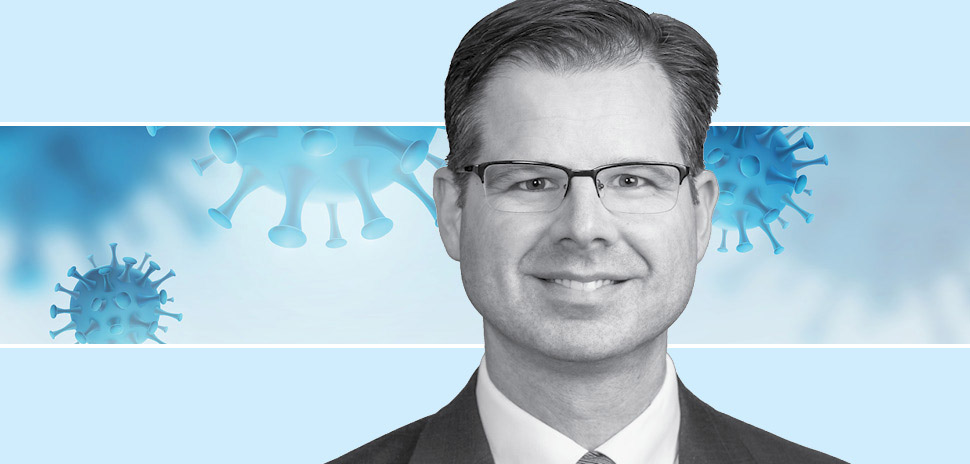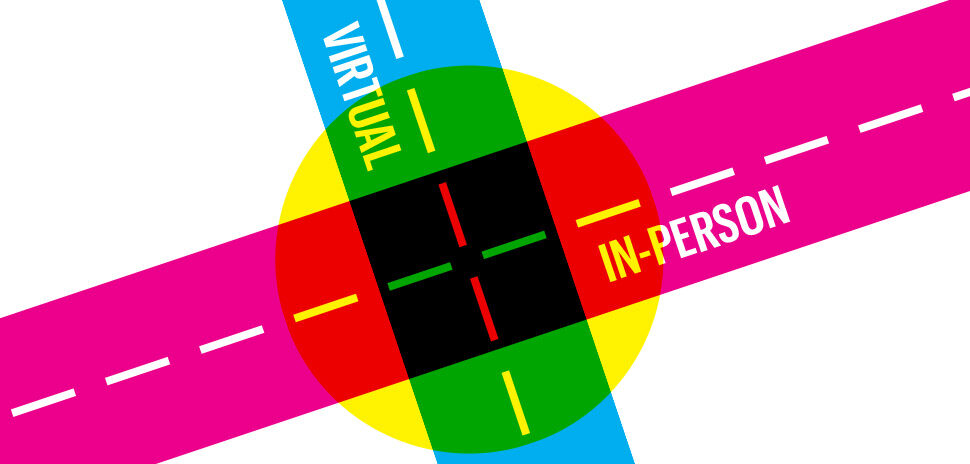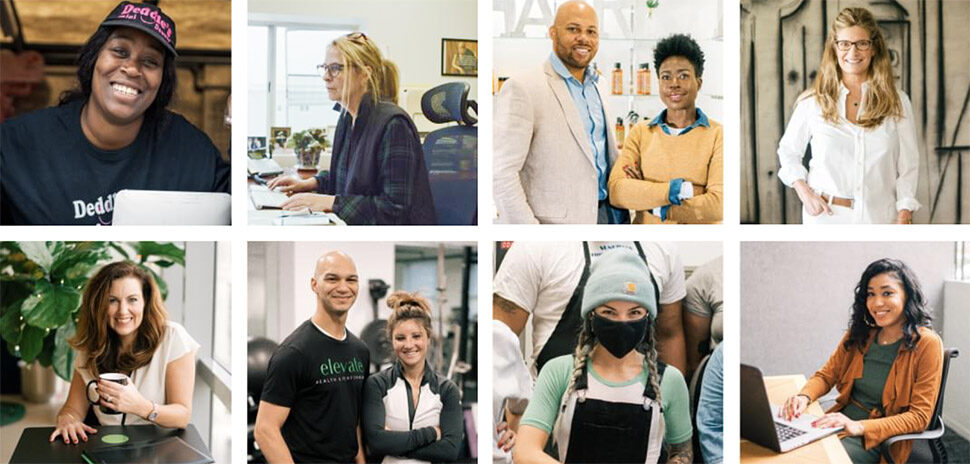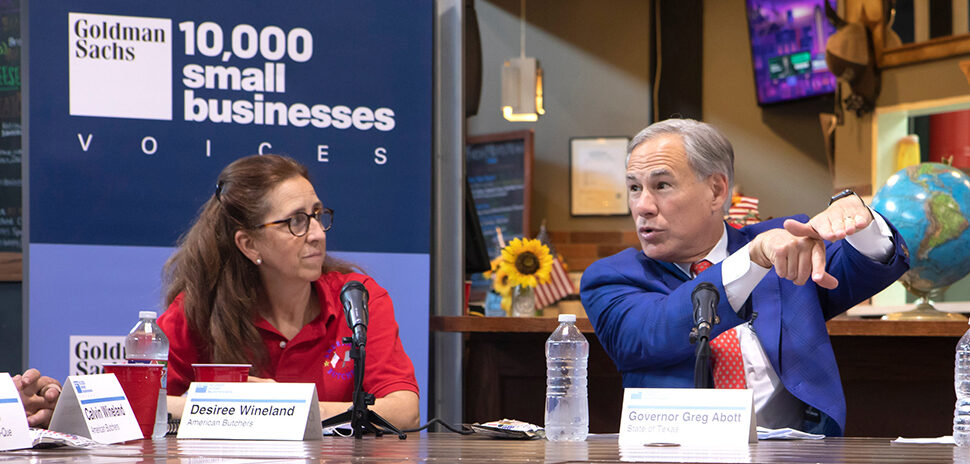![]() In this Q&A, Doug Villone, Managing Director and Head of U.S Operations for Marcus by Goldman Sachs, describes the firm’s transition of one of its primary call centers in Richardson to remote work, in response to the COVID-19 outbreak. Marcus is an online banking arm of Goldman Sachs.
In this Q&A, Doug Villone, Managing Director and Head of U.S Operations for Marcus by Goldman Sachs, describes the firm’s transition of one of its primary call centers in Richardson to remote work, in response to the COVID-19 outbreak. Marcus is an online banking arm of Goldman Sachs.
Writer Dave Moore spoke with Villone about Goldman Sach’s regulatory and technology concerns, what’s working in terms of best practices, and how the firm’s virtual workspace has evolved. The interview was edited for brevity and clarity.
What regulatory/technological concerns are there for a firm such as Goldman Sachs in making this transition to a strictly work-from-home operation?
This is the first time Marcus by Goldman Sachs has had to implement our business continuity plans across all of our locations worldwide at the exact same time. We are fortunate to have resiliency built into the broader firmwide business effort, allowing our internal systems to continue operating at full capacity. Nearly all of our global Goldman Sachs workforce – 98 percent – had shifted to working from home at one point, a benefit, and precursor to the success of the Richardson contact center transitioning home so quickly.
What best practices would you recommend that seem to be working right now?
We built this business with the promise to be on the side of our customers – always. This is an opportunity to show customers that we are here to help and support them through this difficult time; our digital banking model enabled us to do this. We quickly launched our customer assistance program, providing a streamlined digital experience, so customers could – for example – have the flexibility to postpone a payment quickly at no cost to them. The response from customers has been truly heartwarming and makes a lasting impact.
On the employee side, communication is vital in times like these. Transparency and honesty are important, but it is good to consider the capacity of what information to disclose. Curating communication that is brief, yet thorough, efficient, and clear will reduce the need for frequent outreach. For example, our weekly consumer huddle – which was an in-person meeting across our locations – is now completely virtual. We use this forum to update employees in the consumer business.
The firm’s senior leaders have been extremely supportive and understanding of the work-from-home challenges employees face. Leaders have reiterated that the most important thing during this crisis is to take care of their people and their clients.
How has the virtual workplace evolved with GS since its inception?
The physical and emotional well-being of our employees continues to be a main priority during this time. There have been different initiatives from Marcus leadership and the firm to facilitate morale-boosting activities, such as work-from-home setup competitions and providing various wellness programs. We have also temporarily shortened our hours of operations at our call centers to allow for easier management of work-life balance.
The firm was able to quickly implement Zoom, which has facilitated more effective collaboration among the virtual teams. Teams are adapting and trying different ways to stay connected virtually through team meetings, team lunches, game nights, and exercise sessions – maintaining that connectivity is so important during this time period.
This Q&A is part of an ongoing series of Dallas Regional Chamber interviews with representatives from its member organizations about how they are facing the COVID-19 pandemic. To see the original content, click here.
![]()
Get on the list.
Dallas Innovates, every day.
Sign up to keep your eye on what’s new and next in Dallas-Fort Worth, every day.


![Dr. Justin Lonon, vice chancellor of Dallas College, addresses the crowd at the recent Goldman Sachs 10,000 Small Businesses Dallas Graduation. [Photo: 10KSB]](https://s24806.pcdn.co/wp-content/uploads/2021/06/GoldmanSachs-10KSB-4992-970-970x464.jpg)



























